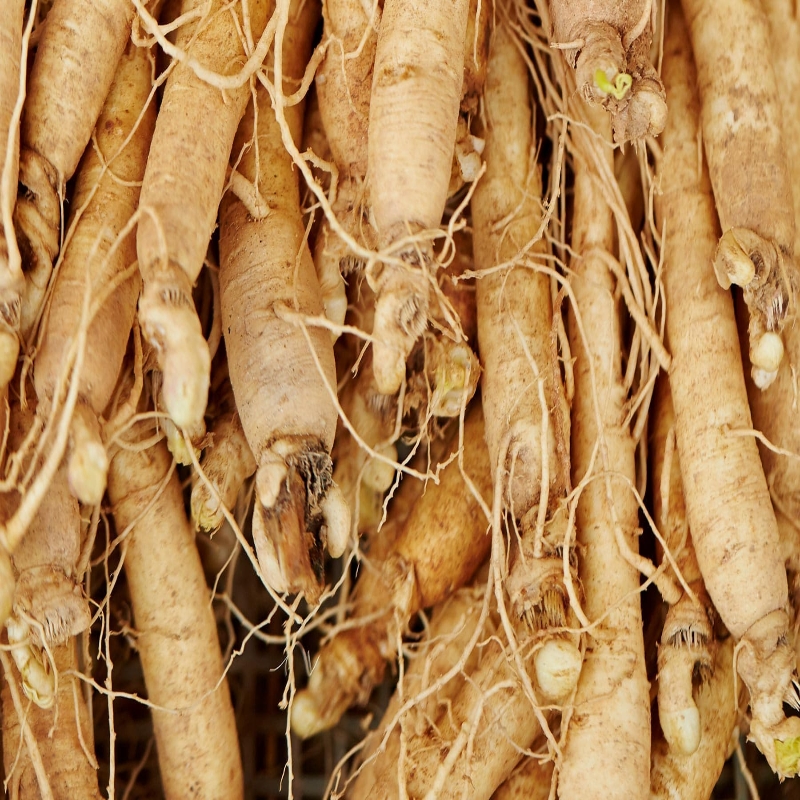Artificial planting of Glycyrrhiza uralensis is difficult to alleviate the resource shortage
-
Last Update: 2012-02-09
-
Source: Internet
-
Author: User
Search more information of high quality chemicals, good prices and reliable suppliers, visit
www.echemi.com
China is a big country of Licorice Resources, licorice producing areas are mainly concentrated in Xinjiang, Gansu, Inner Mongolia and Ningxia However, due to the long-term destructive exploitation, China's Licorice Resources are increasingly tense Some enterprises in China are also trying to plant licorice, but they are basically reserved as reserve resources Artificial planting of Glycyrrhiza in the short term is difficult to play a role in easing resource tension Some licorice extract enterprises choose licorice imported from abroad for production In the international market, Central Asia is rich in Licorice Resources, especially in Uzbekistan, Afghanistan, Turkey, Iraq and other countries Licorice resources are very rich, and mainly wild licorice The raw materials of licorice imported from China mainly come from Iran, Afghanistan, Pakistan, etc However, domestic enterprises that produce licorice tablets or raw materials prefer to use domestic Licorice Resources, which are mainly wild At present, the proportion of domestic and imported licorice is almost the same In 2011, the price of fresh licorice products in the domestic market increased by 10% ~ 20% compared with the previous year, and the price of licorice extract also increased accordingly, resulting in a decrease in the export volume of licorice extract, and the overall export situation is not ideal In addition to the shortage of resources and the increase of labor costs, there are also human factors in the price rise of Glycyrrhiza Especially, some foreign multinational companies not only monopolize most of the glycyrrhiza resources in the international market, but also accumulate Glycyrrhiza in the Chinese market, which aggravates the rise of the market Under the high cost operation, the profits of licorice extract enterprises in China have not increased significantly In order to solve the shortage of Licorice Resources, Chinese state-owned enterprises have tried to plant licorice And the international market also has the demand for planting licorice But at present, the planting of Glycyrrhiza in our country can not meet the market demand, and it is difficult to produce effective planting The content of effective substances in artificial planting of Glycyrrhiza has been at a low level, and the genetic screening of Glycyrrhiza seedlings is still needed Only to achieve effective large-scale artificial planting, the problem of resource shortage of licorice can be alleviated, and the increasing price of licorice can be stabilized, so as to get rid of the resource monopoly of foreign companies.
This article is an English version of an article which is originally in the Chinese language on echemi.com and is provided for information purposes only.
This website makes no representation or warranty of any kind, either expressed or implied, as to the accuracy, completeness ownership or reliability of
the article or any translations thereof. If you have any concerns or complaints relating to the article, please send an email, providing a detailed
description of the concern or complaint, to
service@echemi.com. A staff member will contact you within 5 working days. Once verified, infringing content
will be removed immediately.







